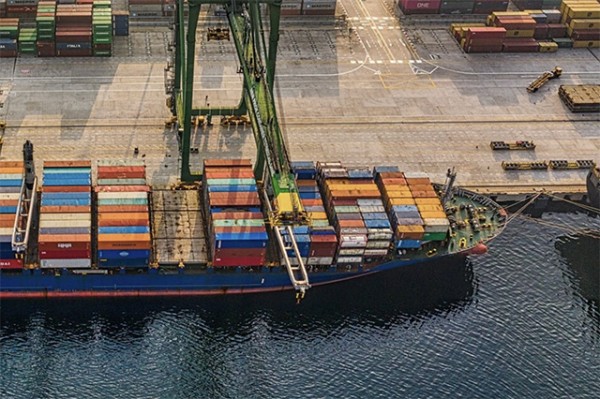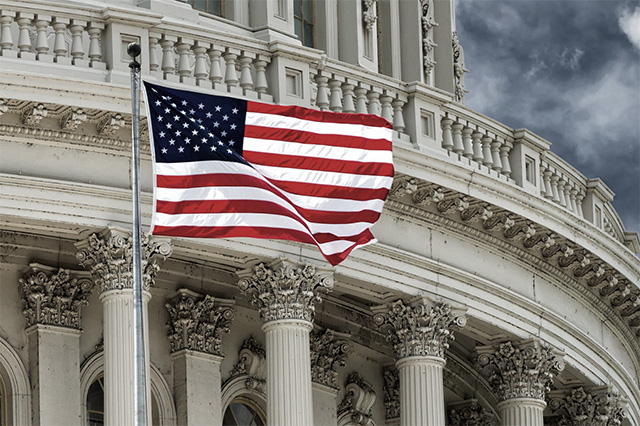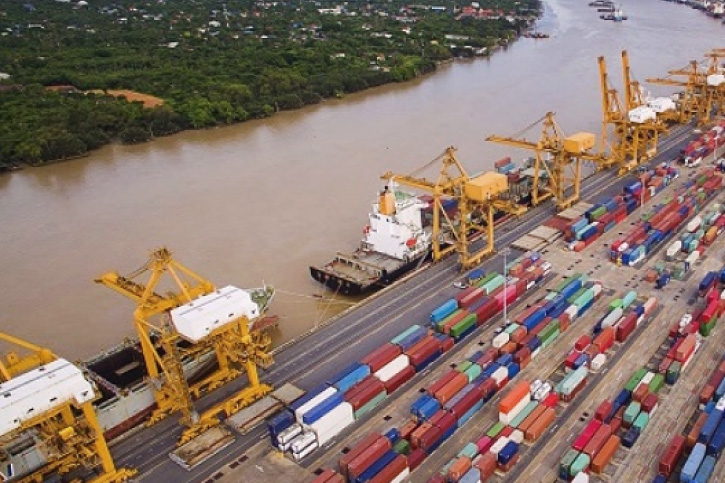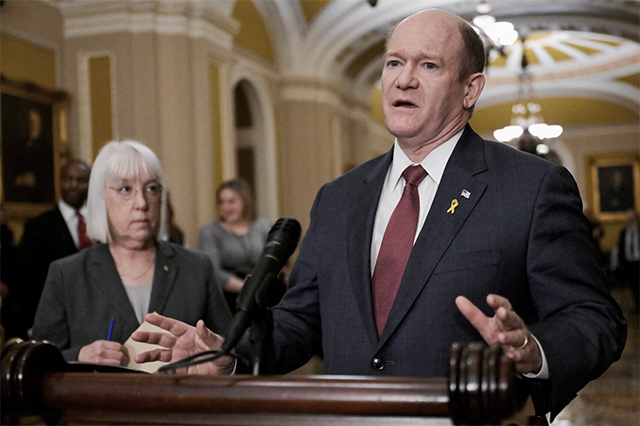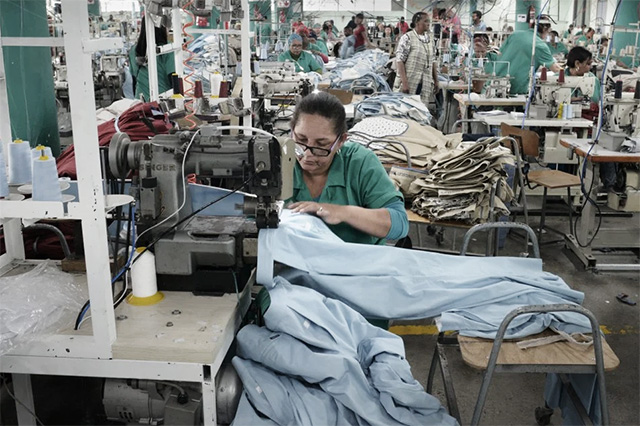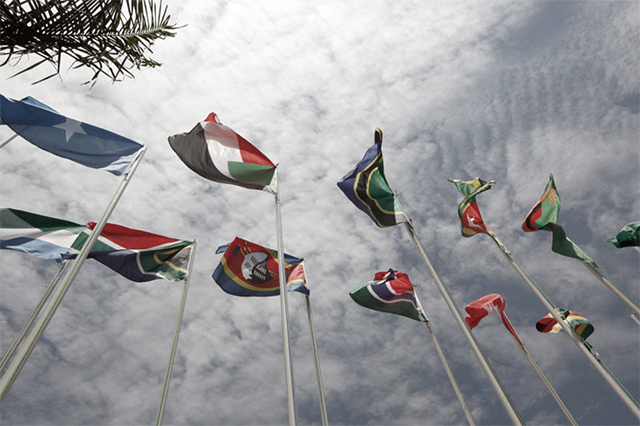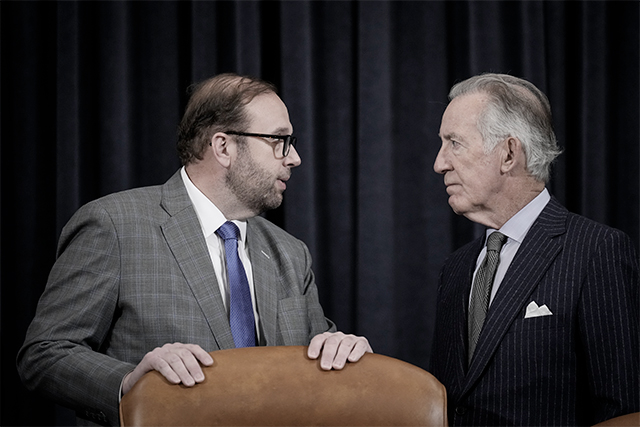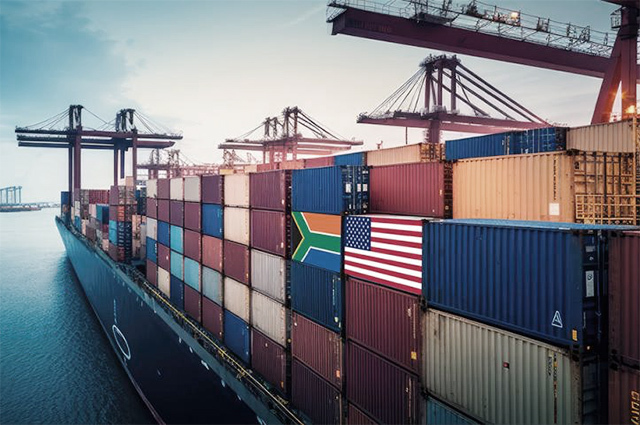WEF - How has AGOA benefited African countries?
The African Growth and Opportunity Act (AGOA) is a trade agreement between the United States and sub-Saharan African countries.
Agoa has helped to increase trade and investment between Africa and the US.
It has also helped to create jobs and boost economic growth in Africa. African countries are calling for it to be extended.
To what extent has the AGOA goal been achieved?
The duty- and quota-free access to the US market granted by Agoa has helped in boosting trade and investment between sub-Saharan Africa and the US. Many of the qualifying African countries have recorded specific successes in goods exported under Agoa to the US. These include textiles and apparel from Kenya, Ethiopia, Mauritius, Lesotho, Ghana and Madagascar. In Kenya, for instance, the apparel-dominated Agoa sales have grown from US$55 million in 2001 to US$603 million in 2022, accounting for 67.6% of the country’s total exports to the US.
South Africa has sub-Saharan Africa’s most diversified export list. The value of its automotive sales to the US has increased by 447.3% between 2001 and 2022 under Agoa. South Africa’s vehicle exports to the US increased by 1,643.6% in the first year of Agoa, from 853 units in 2000 to 14,873 units in 2001.
Other country specific successes include Ghana where non-oil products like plant roots, textiles and travel goods are accessing the US market under Agoa. Ghana’s exports to the US grew from US$206 million in 2000 to US$2.76 bilion in 2022, though only 26% of this trade was under Agoa.
The Agoa window has also lifted chocolate and basket-weaving materials from Mauritius; buckwheat, travel goods and musical instruments from Mali (suspended in 2022); Mozambique’s sugar, nuts and tobacco; and Togo’s wheat, legumes and fruit juices.
Perhaps Ethiopia, which was suspended from Agoa in January 2022, best exemplifies the impact of the trade window on Africa’s industrialisation.
According to the World Bank, Ethiopia has attracted the world’s attention with its ambitious industrialisation plans, particularly through its industrial parks. The industrial parks, which mainly produce textiles and garments, have thrived on the duty-free and quota-free access to the US market.
In less than a decade, Ethiopia’s industrial parks created 90,000 direct jobs, predominantly for women aged 18 to 25 years. Employment of this group is typically associated with a range of positive societal and economic spillovers.
Ethiopia’s exports to the US increased from US$29 million to US$525 million in 2020, 45.3% of it under Agoa. Textile and garment exports that up to 2014 accounted for just 10% of the trade grew steadily to 69% over the period.
The industrial parks attracted 66 foreign firms investing about US$740 million since 2014/15, with Agoa as the major driver of the sector’s investment and growth of its jobs and export earnings.
What’s been the impact of AGOA on Africa’s exports?
Between 2017 and 2020, the US became the third largest destination for Africa’s industrial products after the European Union and intra-African trade. Agoa is part of the reason for this. That means Agoa has stimulated significant value addition in the region, traditionally known for exporting unprocessed items.
The positive impact on value chains explains why African countries such as Kenya, Lesotho and Mauritius have put so much diplomatic capital, and on occasion lobbying funding, into articulating a continuing case for Agoa’s renewal.
The African countries have exploited the window to sell their manufactured goods to the US. This is the kind of trade that really matters for Africa’s goal of economic transformation through “manufacturing, industrialisation and value addition”.
By comparison, during the 2017-2020 period, 87% of Africa’s exports to China were fuels, ores and metals.
What kind of agreement are the US and Kenya negotiating?
The US and Kenya are not negotiating a bilateral free trade area agreement as is commonly misunderstood. What they are negotiating is a strategic trade and investment partnership which cannot be described as a free trade agreement as it does not include new market access arrangements.
The main goal of the partnership is to increase investment and to promote inclusive economic growth. It is meant to benefit workers, consumers and businesses (including small ones). Its other aim is to support African regional economic integration.
Given the prevailing global economic disparities, if African countries are to develop, they need trade concessions like Agoa, not bilateral reciprocal free trade agreements.
How can AGOA be made more beneficial to Sub-Saharan Africa?
First, Agoa must be extended for at least 20 years. This will ensure predictability of the market access concession and boost confidence among investors of a sufficient time frame to recoup investments. Second, north African countries ought to be included in Agoa. This will extend Agoa to all African countries and support the trade integration of the continent through the Africa Continental Free Trade Agreement.
Thirdly, Agoa should stop punishing investors for mistakes of governments. It is unfortunate that countries that fail to meet the Agoa eligibility requirements, which include governance and human rights standards, are suspended from the scheme. This penalises private firms that invest and trade and the people who are dependent on these firms for jobs. But the US is not likely to change the eligibility requirements.
David Luke is professor in practice and strategic director at the Firoz Lalji Institute for Africa, London School of Economics and Political Science


